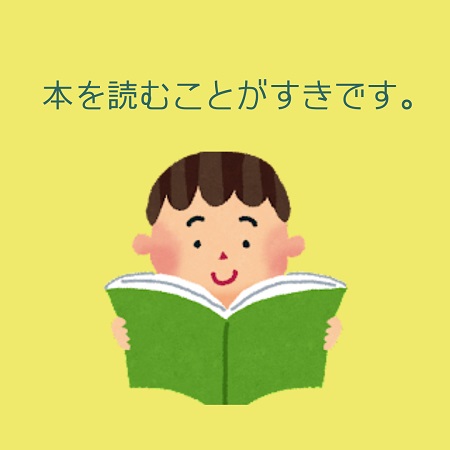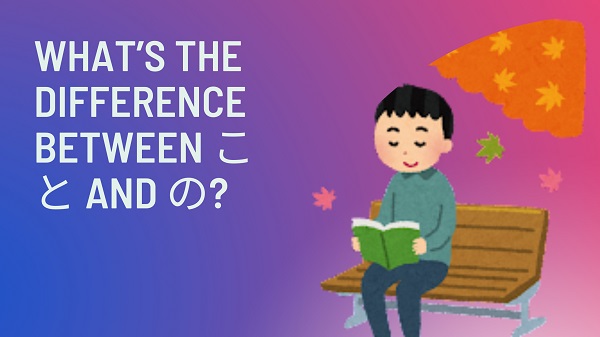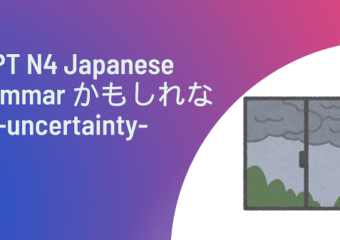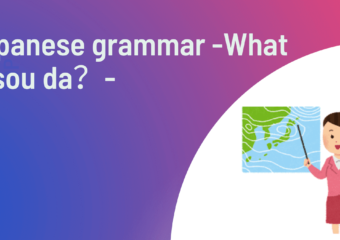I love read a book.
Is it correct?
As you already know, this sentence is wrong because we shouldn’t include two verbs in one sentence.
How about “Read a book is fun”?
This isn’t correct as well because a verb can’t be the subject.
Therefore, we should change “read” to “reading” or “to read”.
Similarly, we can’t say “本を よむは たのしい” because よむ is verb and it can’t be subject.
The verb should be changed to a noun.
But how?
There are two ways to do it.
Let’s take a closer look.
の

one way to change a verb to a noun is by adding ”の” to the plain form.
For example, 読むの, 食べるの, 見るの and so on.
English:Reading a booking is fun.
When we only use の
Some verbs are gerunds (ing form).
For example, we can’t say “I enjoyed to swim”.
We should say “I enjoyed swimming”.
Similarly, we use only ”の” for some verb.
For example, 見る、見える、きこえる、まつ、てつだう、やめる and so on.
To remember them, I teach the phrase, ”みみ きこえる? まてや”.
み(見る)み(見える)きこえる。ま(まつ)て(てつだう)や(やめる)。
◎お母さんが りょうりするのを てつだう。
×お母さんが りょうりすることを てつだう。
In addition, ”の” usually replace ”こと”, but ”の” is more conversation style.
こと

another way to change a verb to a noun is by adding ”こと” to the plain form.
For example, 読むこと, 食べること, 見ること and so forth.
English:I like reading books.
When we only use こと
We only say「ことです。」「ことができます。」「ことがあります。」「ことになりました。」「ことにします。」
For example,
◎わたしの しゅみは 本を 読むことです。
×わたしの しゅみは 本を 読むのです。
◎とりは 空を とぶことが できます。
×とりは 空を とぶのが できます。
Conclusion
There are tow ways to change a verb to a noun, ”の” and ”こと”.
We can use both of them, but there are some restrictions.
・見る、見える、きこえる、まつ、てつだう、やめる
・こと+です、ができます、があります、になりました、にします。
If you’d like to learn more Japanese, please feel free to contact me.
I teach Japanese in-person or online.
You can also learn Japanese on my Instagram page.



